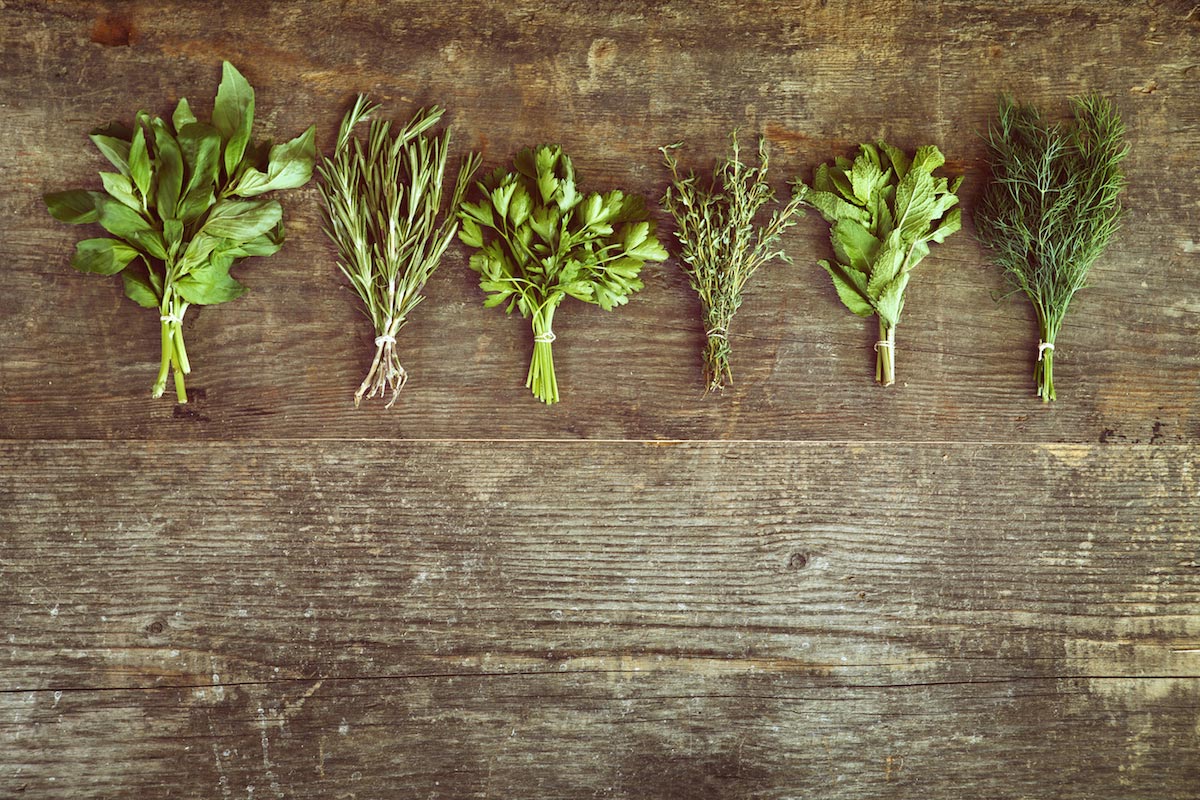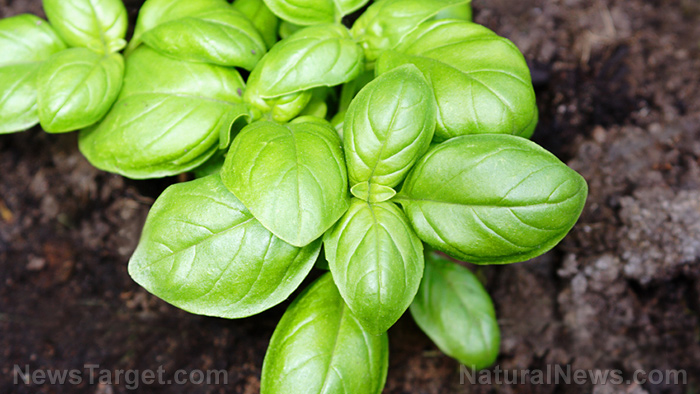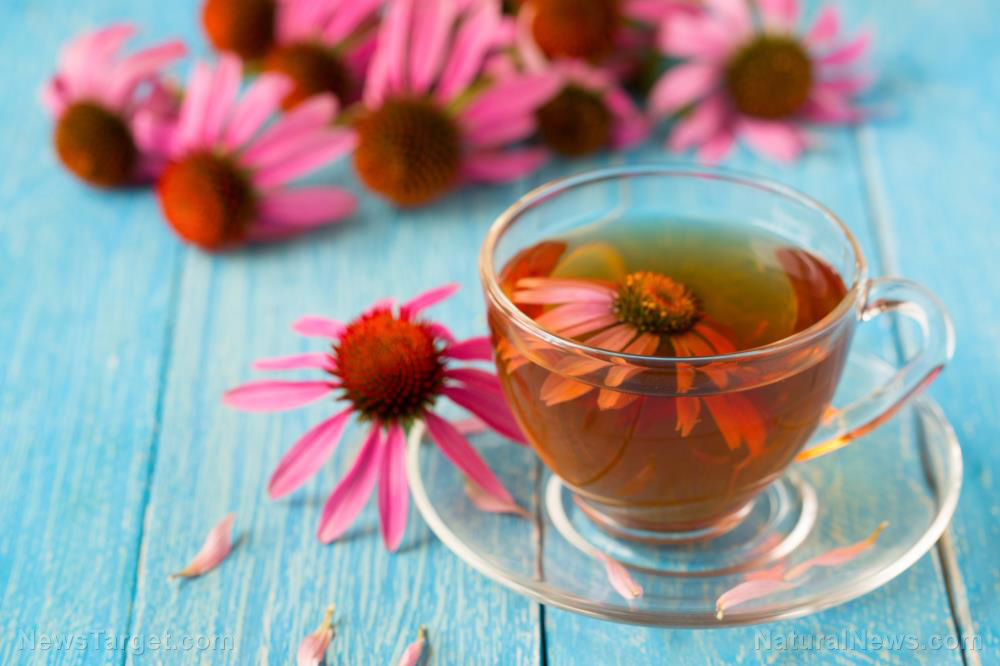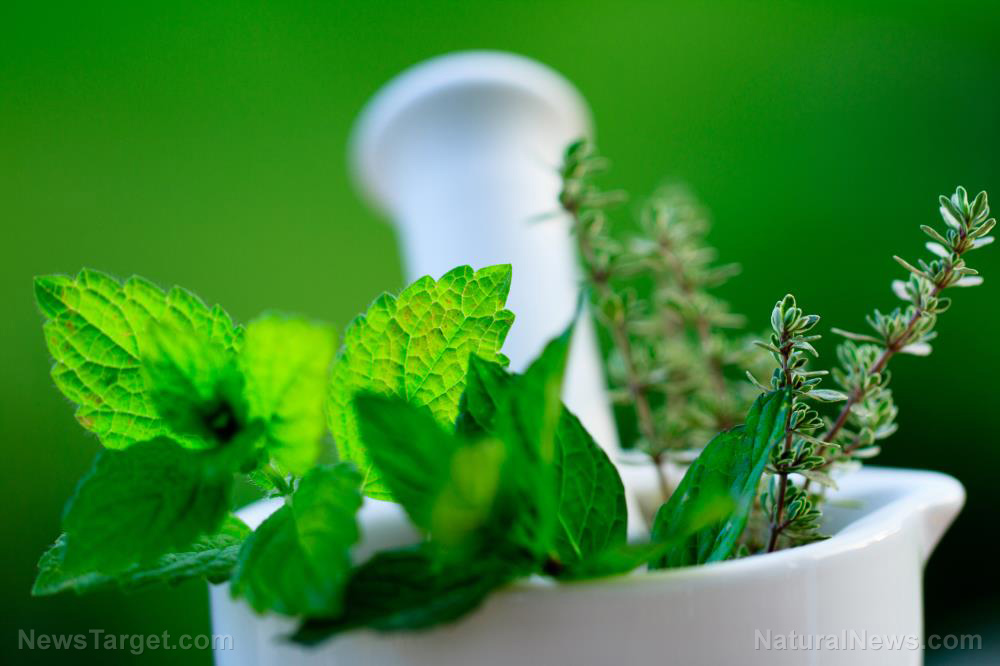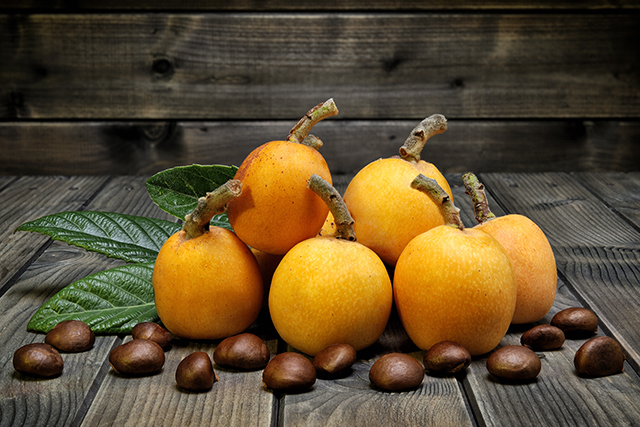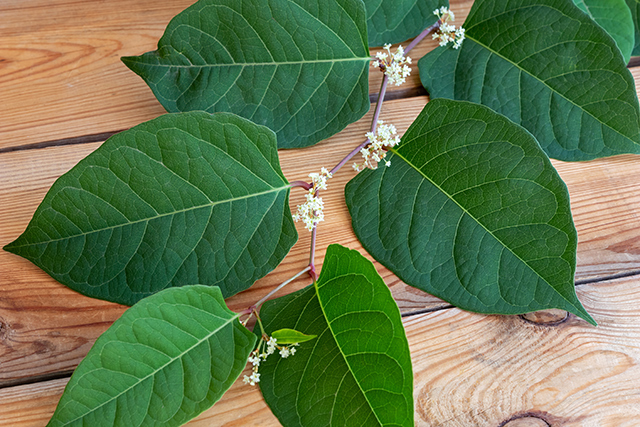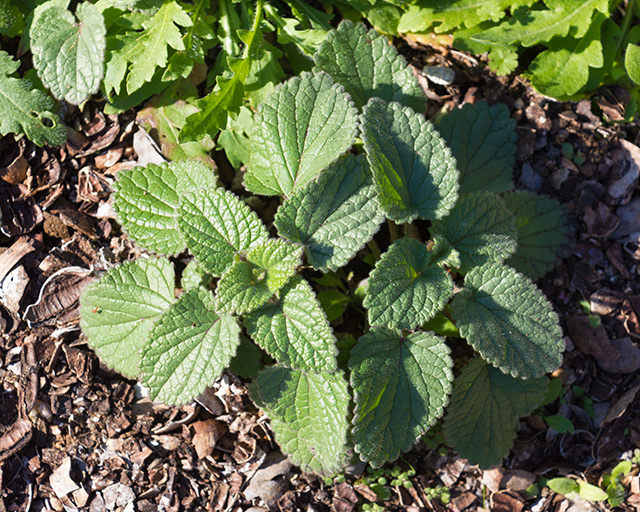These Ayurvedic herbs are effective disinfectants and fumigants
03/29/2021 / By Evangelyn Rodriguez
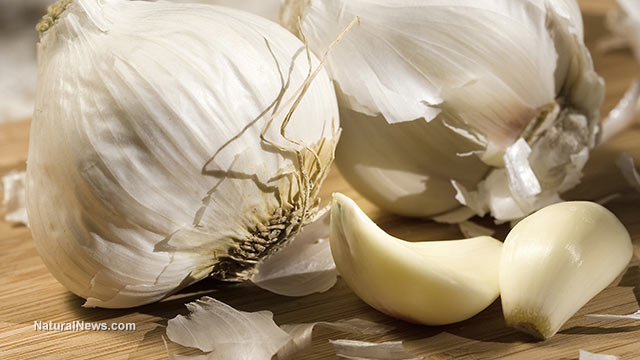
A nosocomial infection also called a healthcare-associated infection (HCAI), is an infection acquired by a patient while he or she is receiving treatment in a hospital or long-term care facility. HCAI is the most common adverse health event in healthcare settings that affects patient safety.
According to reports, HCAI affects about 3.2 percent of all hospitalized patients in the United States. Besides contributing to significant morbidity and mortality, it also imposes a great financial burden on patients, families and healthcare systems. Recent studies have also linked HCAI to the emergence of multi-drug resistant organisms.
To prevent HCAI, modern hospitals have state-of-the-art ventilation systems installed that can filter air, reducing the amount of airborne microorganisms. But the operational and maintenance costs of these systems are extremely high, and not all healthcare facilities can afford them. Hence, many still rely on regular chemical fumigation, which is associated with toxic side effects.
In a recent study, researchers from India explored safer alternatives to chemical fumigation. In particular, they evaluated the effectiveness of traditional fumigation practices described in Ayurveda in disinfecting the air and hard surfaces. These practices involve burning various plant products and using the fumes to improve air quality and rid surfaces of infectious microbes.
The researchers reported their findings in an article published in the Journal of Ayurveda and Integrative Medicine.
Medicinal herbs like garlic and turmeric can help prevent nosocomial infections
Environmental disinfection is an excellent method for reducing HCAI. In India, traditional Ayurvedic fumigation practices are commonly used for environmental disinfection.
Some of the most commonly used natural products for fumigation include garlic (Allium sativum) peel, turmeric (Curcuma longa) powder, carom (Trachyspermum ammi) seeds and loban — the resin derived from the gum benjamin tree (Styrax benzoin) and Boswellia species.
Garlic’s antimicrobial properties are widely studied. Research suggests that its main active component, allicin, is not only effective against Gram-positive and Gram-positive bacteria, but it also works against multi-drug resistant bacterial strains. Like garlic, turmeric contains an active compound with potent antimicrobial properties. Curcumin, which is also responsible for the herb’s bright yellow hue, can easily kill bacteria on contact. Curcumin is the number one choice of antimicrobial by researchers who were developing food-safe antibacterial surfaces back in 2015.
Carom, also known as ajwain, is an herb with antibacterial and insecticidal properties. Many studies show that the essential oil extracted from its seeds is effective against a wide variety of viral, fungal and bacterial pathogens. The gum benjamin tree, locally known as loban, is native to Sumatra in Indonesia. According to studies, the resin produced by this tree contains a compound called cinnamic acid, which has strong antibacterial and fungicidal properties.
For their experiment, the researchers used the above-mentioned natural products for fumigation, then conducted active air sampling to evaluate their effect on air quality. To examine the ability of garlic peel to disinfect surfaces, they used it to disinfect a glass slide contaminated with three strains of methicillin-resistant Staphylococcus aureus (MRSA). They then analyzed the slide for surviving bacteria and subjected it to scanning electron microscopy (SEM) analysis.
The researchers reported that, individually, three grams of garlic peel, turmeric, carom seeds and loban powder effectively reduced the average number of airborne bacteria. SEM analysis also revealed that garlic peel reduced the number of viable bacteria on the MRSA-contaminated glass surface. (Related: Medicinal plants from the sedge family are rich in antioxidant and antimicrobial agents.)
Based on these findings, the researchers concluded that traditional Ayurvedic fumigation with natural plant products is an effective method for reducing airborne bacteria and disinfecting surfaces. These natural antimicrobials can therefore be used to address the problem of nosocomial infections.
Sources include:
Journals.SagePub.com [PDF]
Tagged Under: air quality, antibacterial, Ayurvedic fumigation, carom seeds, environment, garlic, Herbs, hospital infections, natural products, prevention, research, surface disinfectants, turmeric, turmeric for cancer
RECENT NEWS & ARTICLES
PlantMedicine.News is a fact-based public education website published by Plant Medicine News Features, LLC.
All content copyright © 2018 by Plant Medicine News Features, LLC.
Contact Us with Tips or Corrections
All trademarks, registered trademarks and servicemarks mentioned on this site are the property of their respective owners.



